11 GPTs for Medical Terminology Powered by AI for Free of 2025
AI GPTs for Medical Terminology are advanced artificial intelligence tools designed to understand, generate, and process medical terminology. Leveraging Generative Pre-trained Transformers, these tools offer precise and context-aware assistance in the medical field. They play a pivotal role in analyzing medical documents, enhancing healthcare communication, and supporting medical education by providing accurate interpretations and explanations of complex medical terms. The integration of GPTs in the medical terminology domain signifies a leap towards more efficient, accurate, and accessible healthcare information processing.
Top 10 GPTs for Medical Terminology are: Grammar,医学論文日本語翻訳,Anatomy Ace,中华医学百科大辞海,Health & Medical care,Ausbildung in Pflege,ResultGPT,🔬🩸Bloodline Insight Assistant👩🔬,간호GPT,Head General Hospital meaning?
Grammar
Polish Your Medical Writing with AI
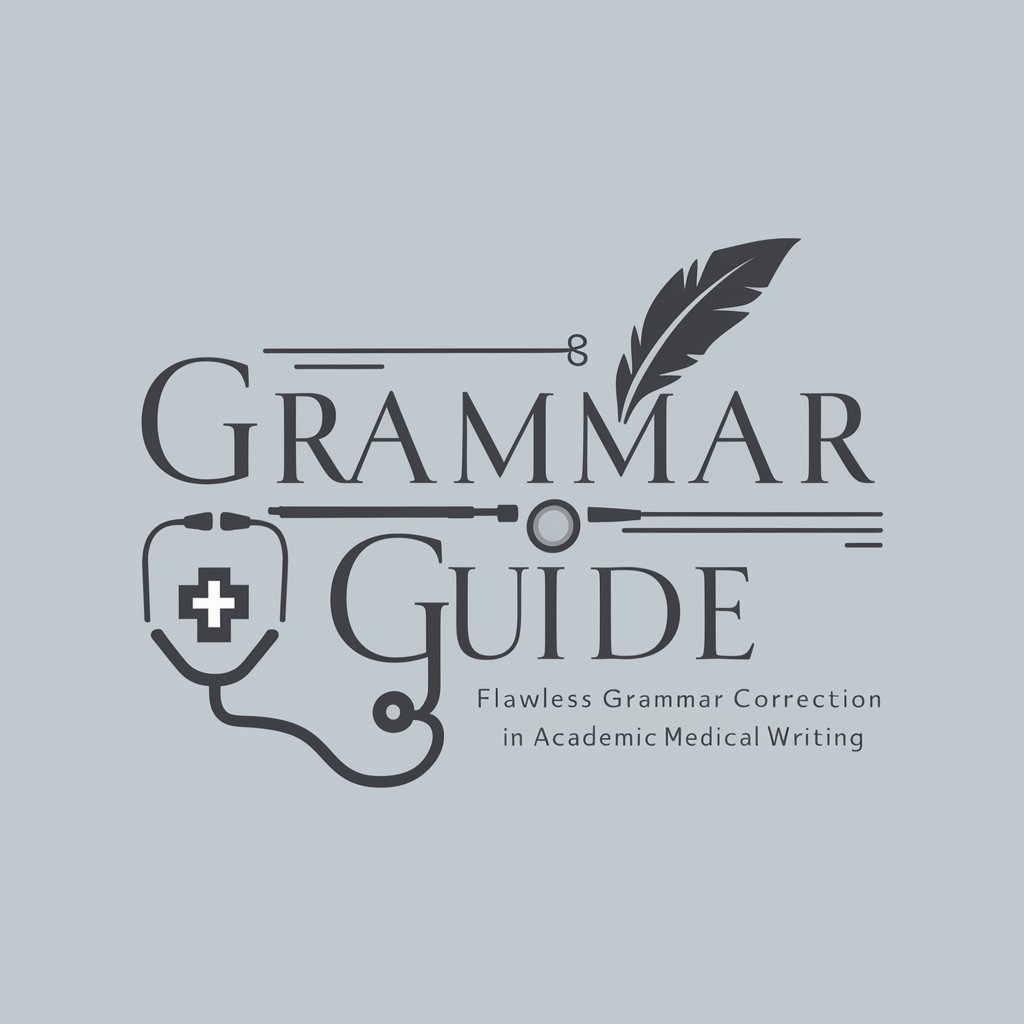
医学論文日本語翻訳
AI-Powered Medical Translation
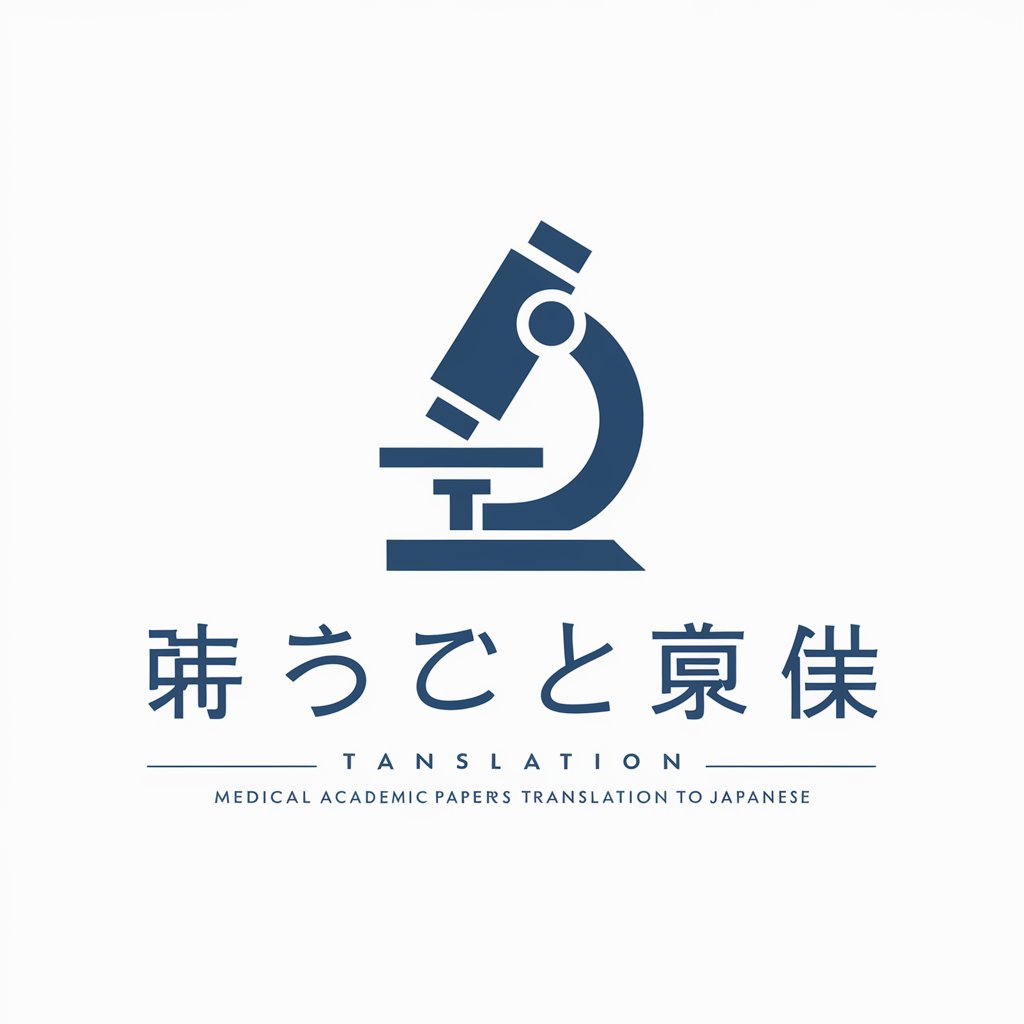
Anatomy Ace
Revolutionizing Anatomy Study with AI

中华医学百科大辞海
Demystifying Medicine with AI

Health & Medical care
Empowering healthcare understanding with AI
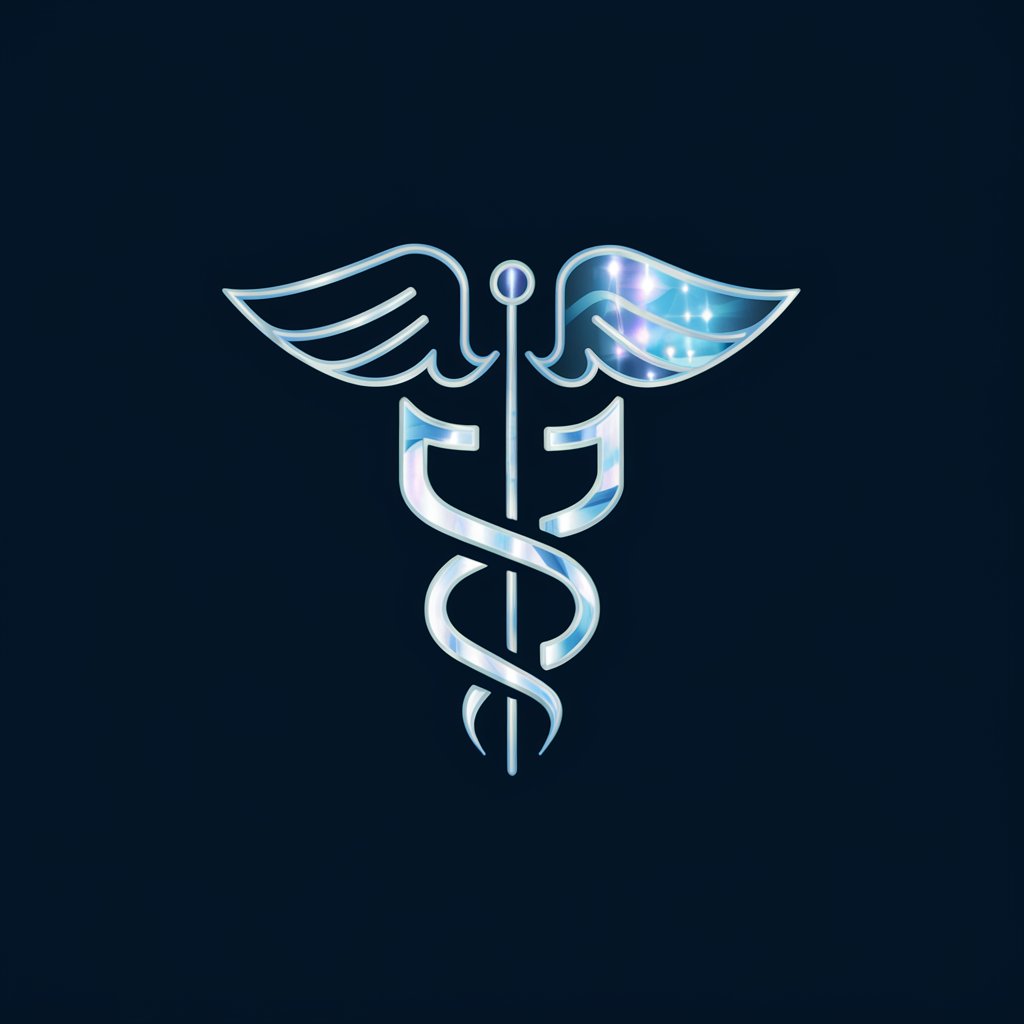
Ausbildung in Pflege
Simplifying Nursing Education with AI
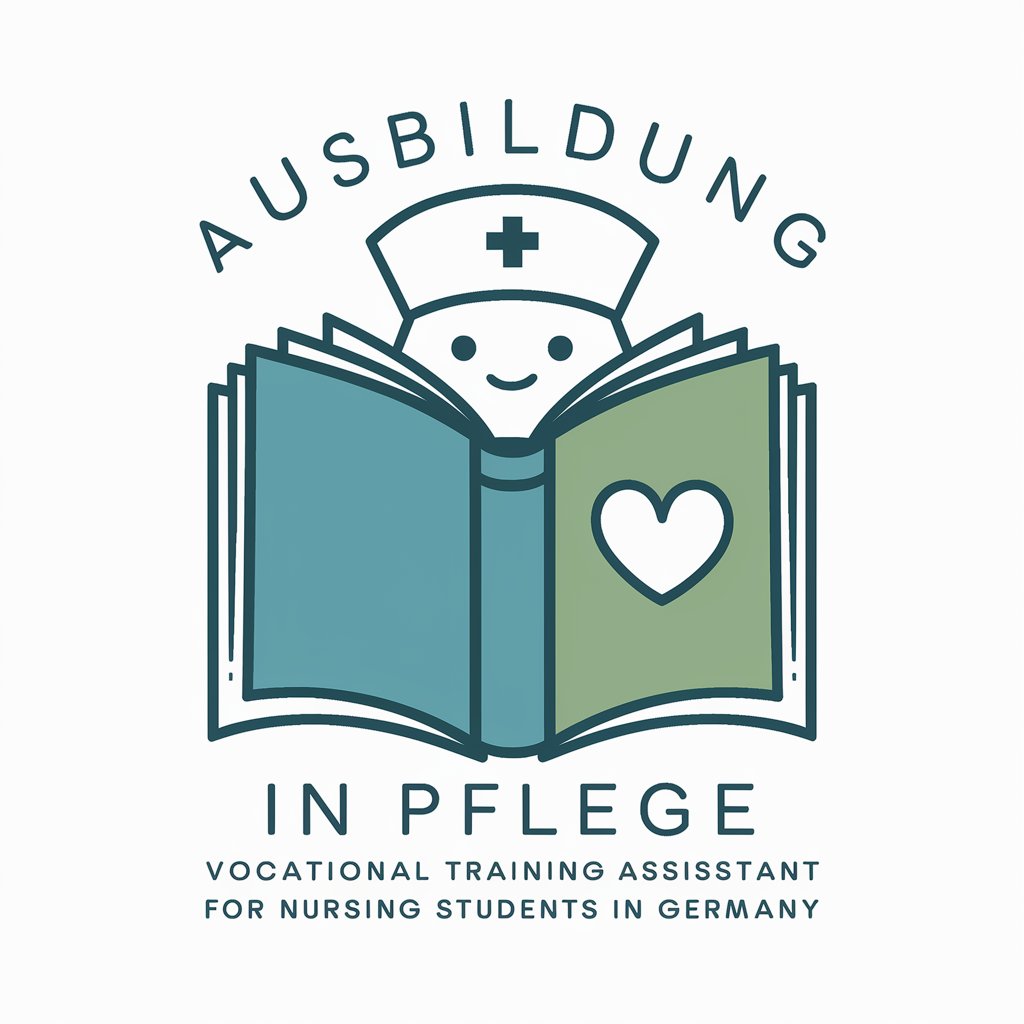
ResultGPT
Simplifying Medical Results with AI
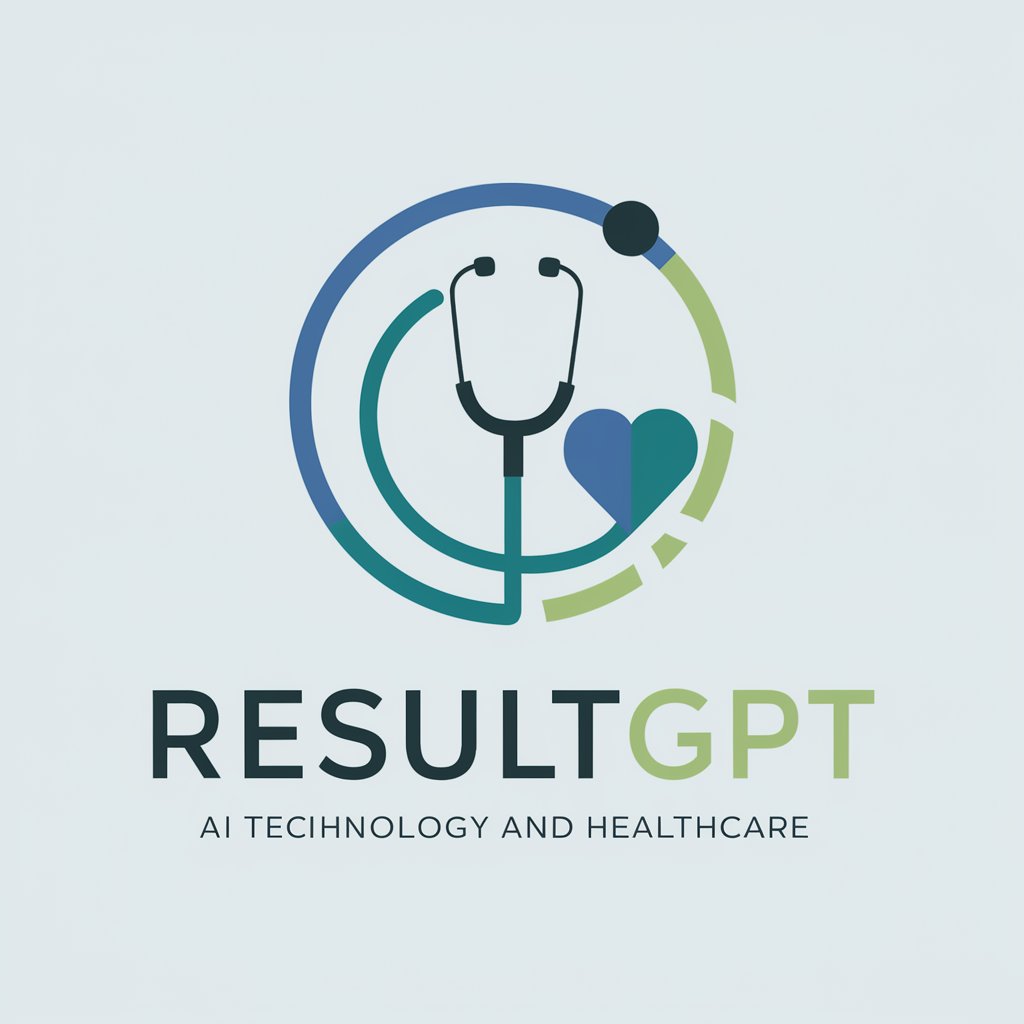
🔬🩸Bloodline Insight Assistant👩🔬
Empowering Blood Health Understanding with AI
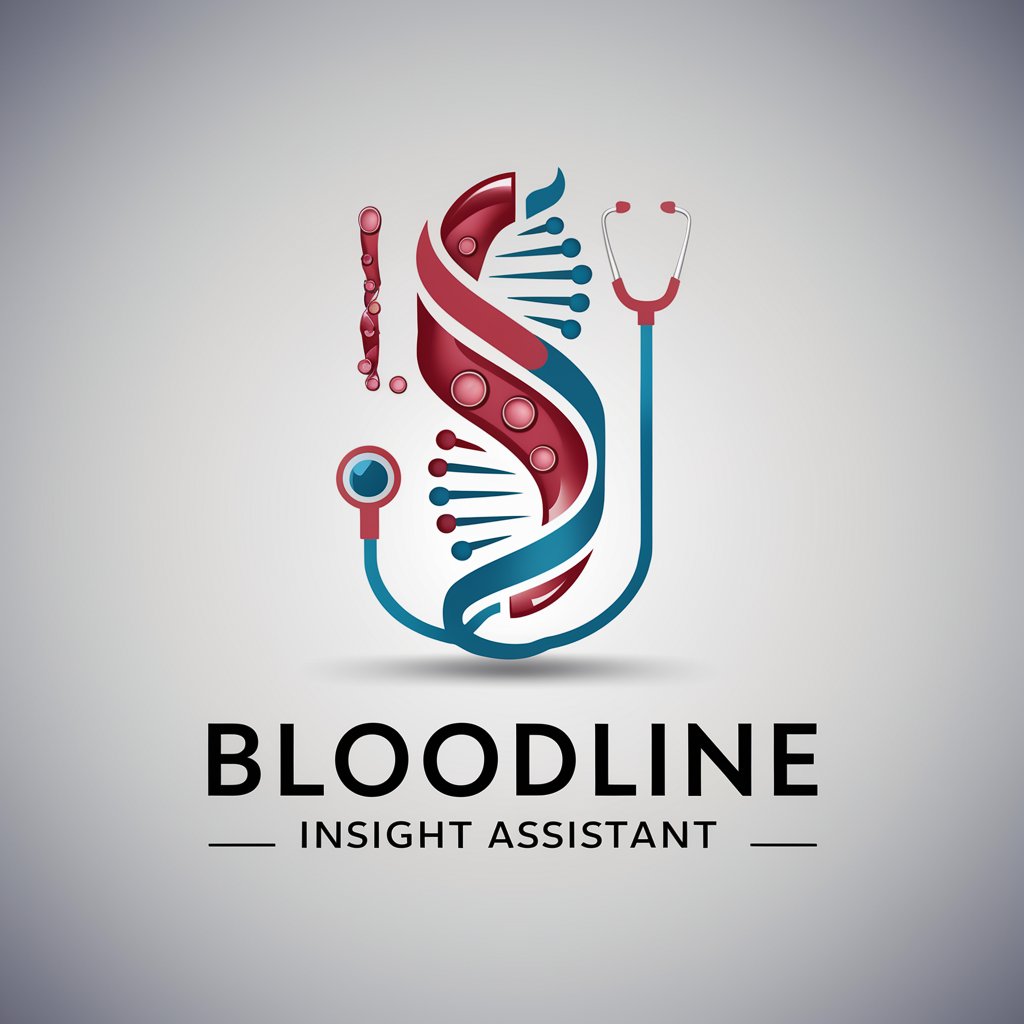
간호GPT
Empowering nursing with AI

Head General Hospital meaning?
Deciphering Healthcare with AI
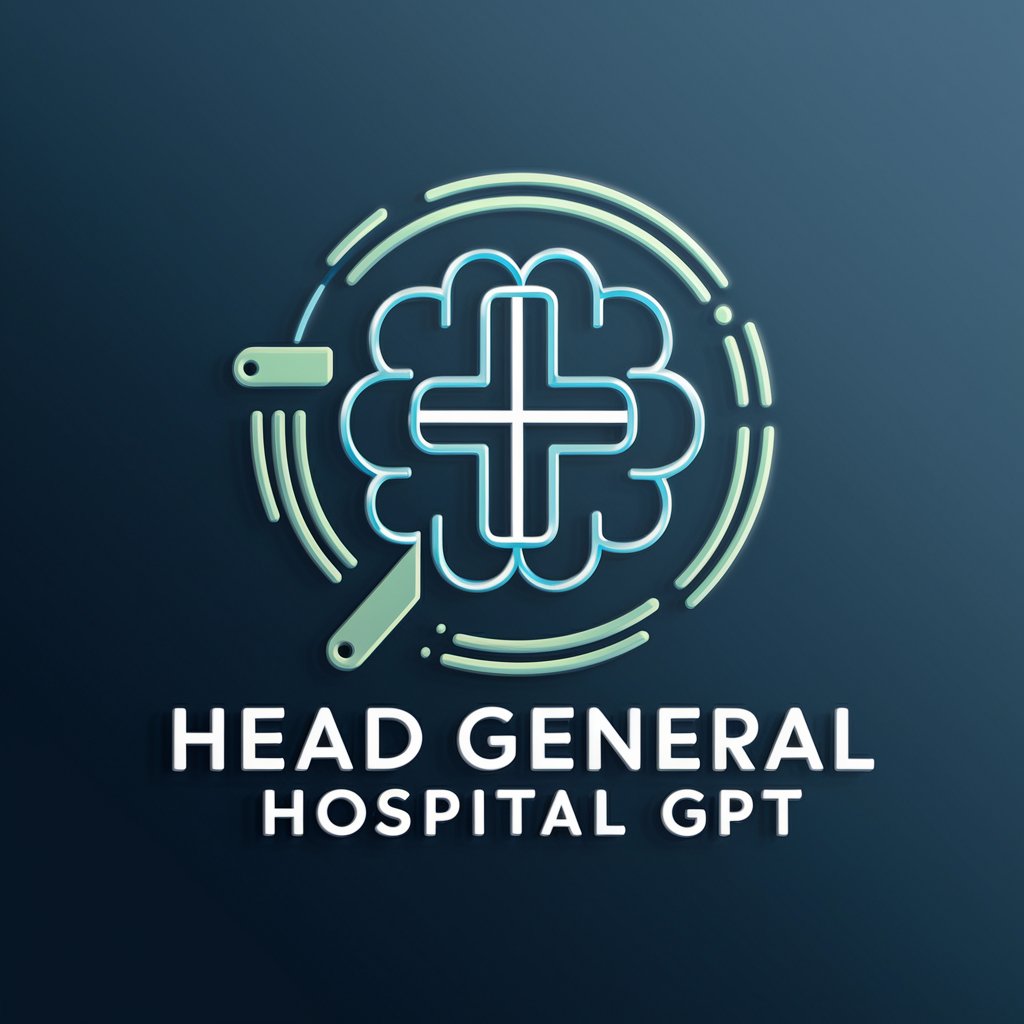
MedicalGpt
Empowering your health journey with AI.
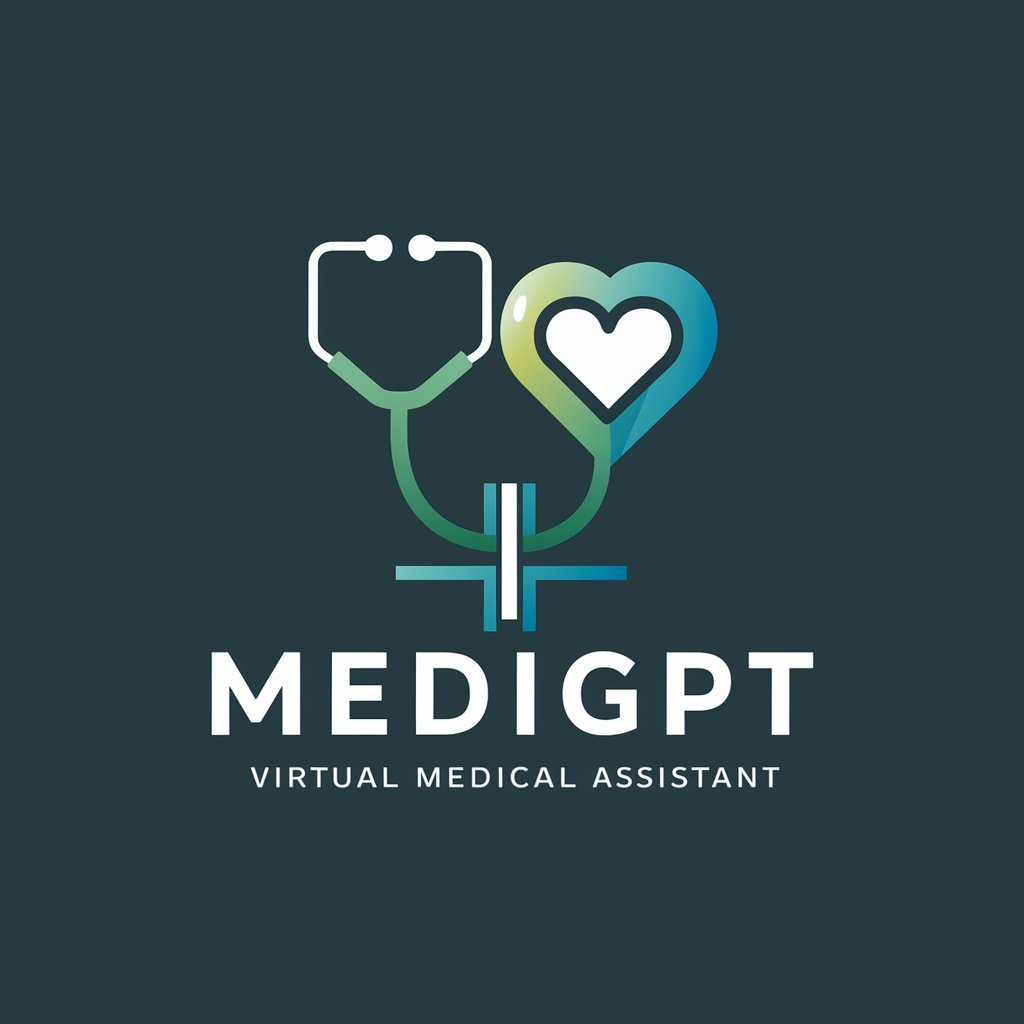
Distinctive Capabilities of AI GPTs in Medical Terminology
AI GPTs tools for Medical Terminology are equipped with several unique features, including advanced natural language processing capabilities that enable them to understand and generate complex medical terms accurately. They can adapt to various complexity levels, making them suitable for a wide range of tasks, from simple term definitions to the analysis of intricate medical documents. Special features include language learning for better understanding of medical jargon, technical support for medical software development, sophisticated web searching for the latest medical research, image creation for educational purposes, and data analysis capabilities for medical research insights.
Who Benefits from Medical Terminology AI GPTs?
The primary beneficiaries of AI GPTs for Medical Terminology include medical students, healthcare professionals, medical researchers, and developers of healthcare applications. These tools are accessible to novices, providing straightforward explanations of medical terms, and offer advanced customization options for developers and professionals looking to integrate AI capabilities into their applications or research. They serve as an invaluable resource for anyone looking to deepen their understanding of medical terminology or leverage AI for medical applications.
Try Our other AI GPTs tools for Free
Cosplay Promotion
Discover how AI GPTs revolutionize Cosplay Promotion with creative, efficient tools for content generation, audience insights, and social media management.
Wig Styling
Discover the transformative power of AI GPTs for Wig Styling, offering personalized, efficient solutions for all your wig styling needs. From beginners to professionals, these tools adapt to every level of expertise.
Character Branding
Discover how AI GPTs revolutionize Character Branding, offering tailored content generation, multi-language support, and seamless integration for brands.
DM Assistance
Discover how AI GPTs for DM Assistance revolutionize decision-making with advanced analytics, tailored insights, and user-friendly interfaces, suitable for experts and novices alike.
Terminal Guidance
Explore how AI GPTs transform Terminal Guidance with precision, adaptability, and advanced capabilities designed for logistics, operations, and support.
Global Education
Discover how AI GPTs are revolutionizing Global Education with adaptable, language-inclusive tools designed to enhance learning and teaching worldwide.
Expanding Horizons with Medical Terminology AI
AI GPTs in Medical Terminology not only streamline the processing of medical information but also pave the way for innovative healthcare solutions. Their ability to integrate with existing systems and workflows, combined with user-friendly interfaces, makes them a versatile tool in enhancing the accuracy, efficiency, and accessibility of medical services and education.
Frequently Asked Questions
What exactly are AI GPTs for Medical Terminology?
AI GPTs for Medical Terminology are artificial intelligence tools designed to process and understand medical language, facilitating a wide range of tasks from simple term definitions to complex document analysis in the healthcare field.
How can AI GPTs tools assist in medical education?
These tools can provide instant access to definitions, explanations, and contextual usage of medical terms, enhancing the learning experience for medical students and professionals.
Can non-technical users easily access these AI tools?
Yes, these AI tools are designed with user-friendly interfaces that require no coding skills, making them accessible to a broad audience, including medical professionals and students.
Are there customization options for developers?
Absolutely. Developers can access advanced programming interfaces to tailor the AI's capabilities to specific medical applications or research needs.
How do these AI tools stay updated with medical terminology?
They continuously learn from vast databases of medical literature and research, ensuring their knowledge remains current and accurate.
Can these tools process medical documents in different languages?
Yes, many of these tools are equipped with multilingual capabilities, allowing them to understand and process medical documents in various languages.
How do AI GPTs ensure the accuracy of medical information?
These tools are trained on verified medical databases and constantly updated to ensure that they provide reliable and accurate medical information.
What are the potential applications of AI GPTs in healthcare?
Applications include automated patient documentation, support for diagnostic processes, educational tools for medical students, and enhanced access to medical research.